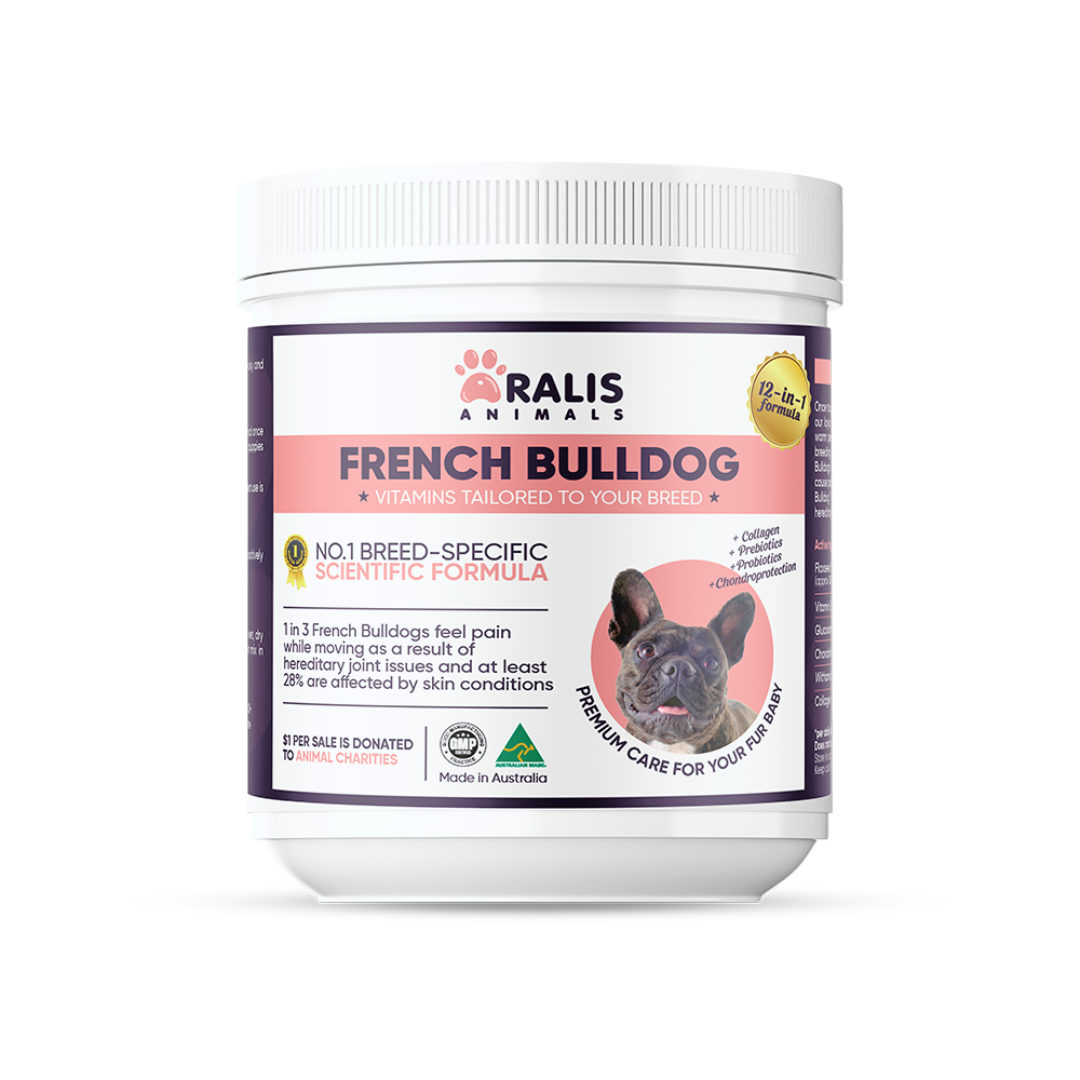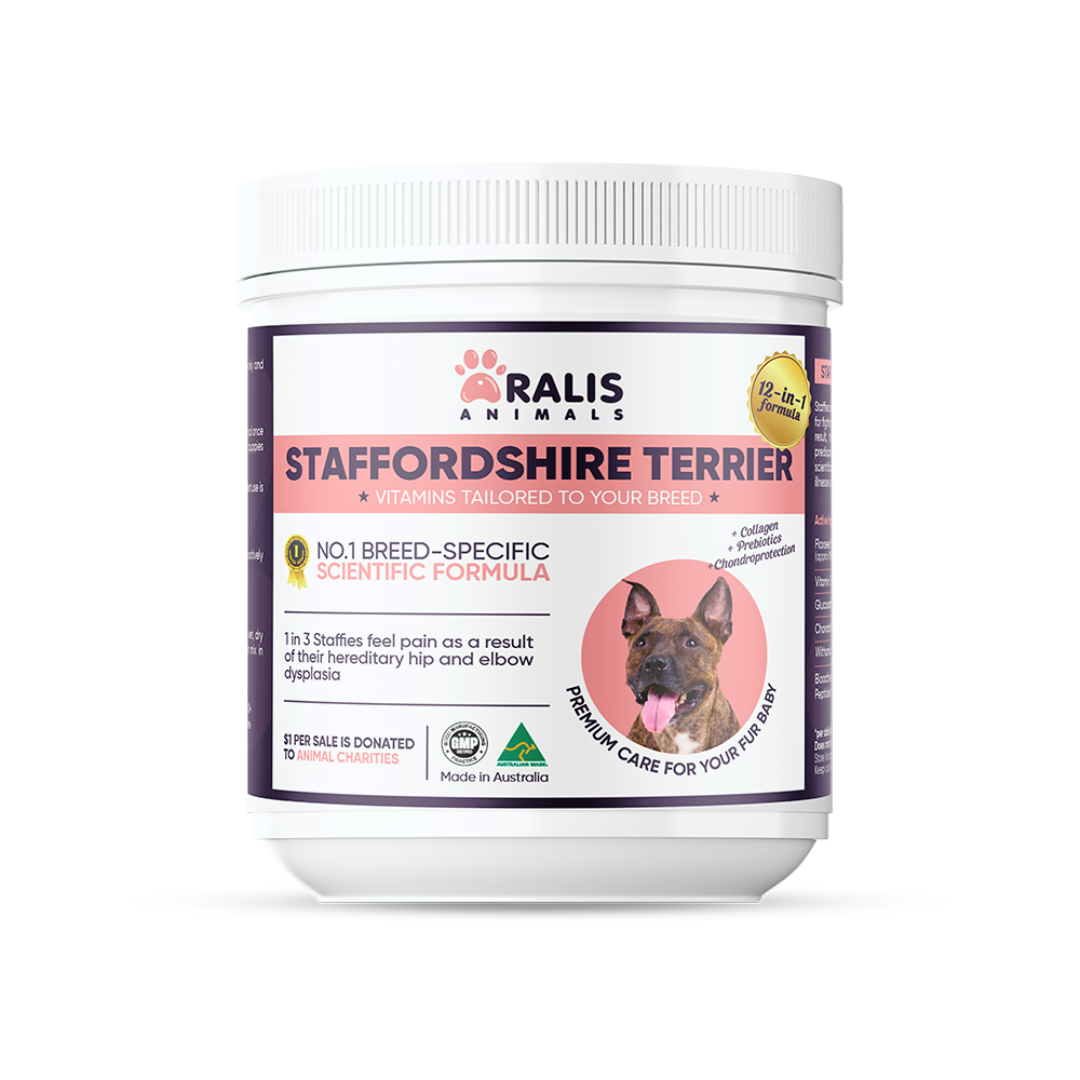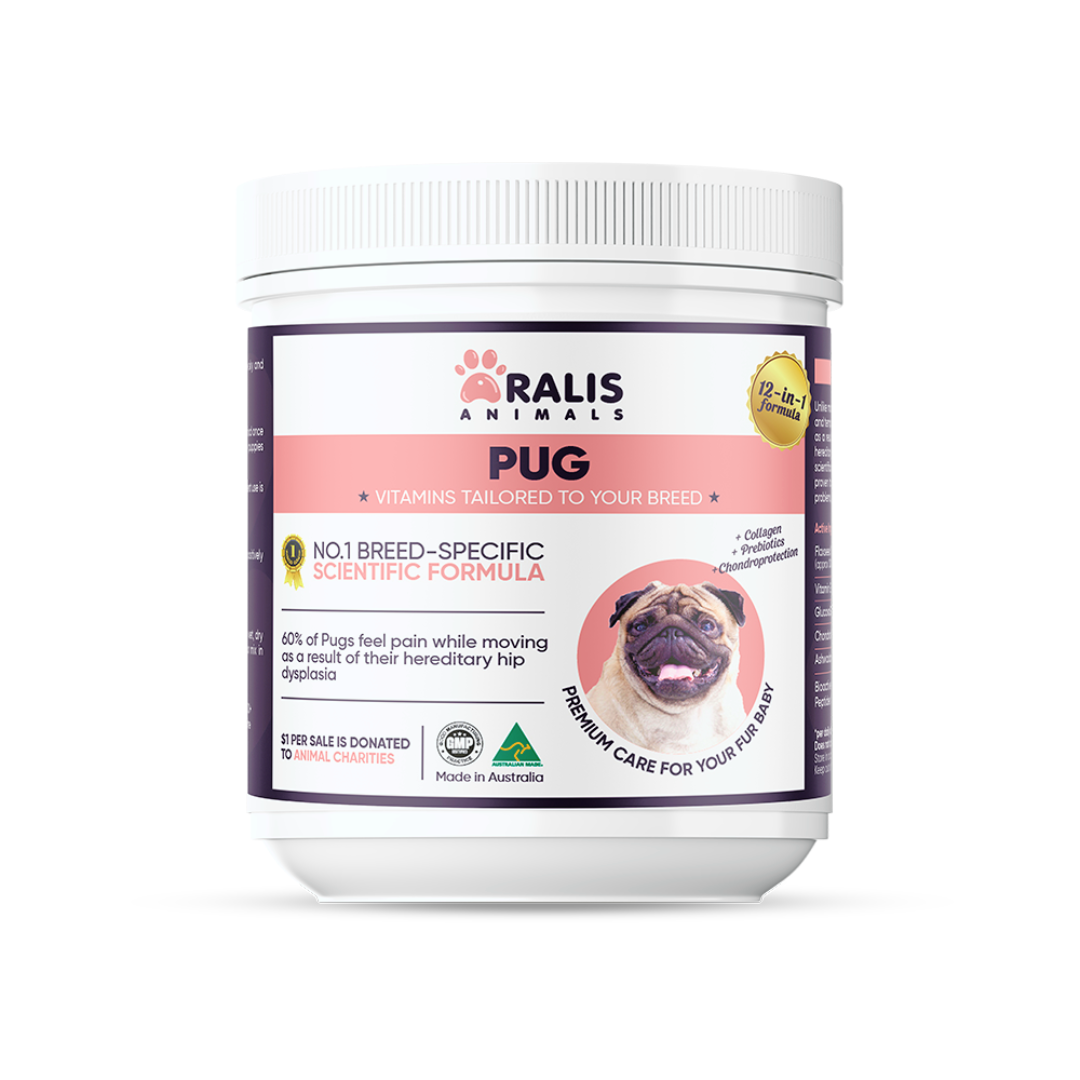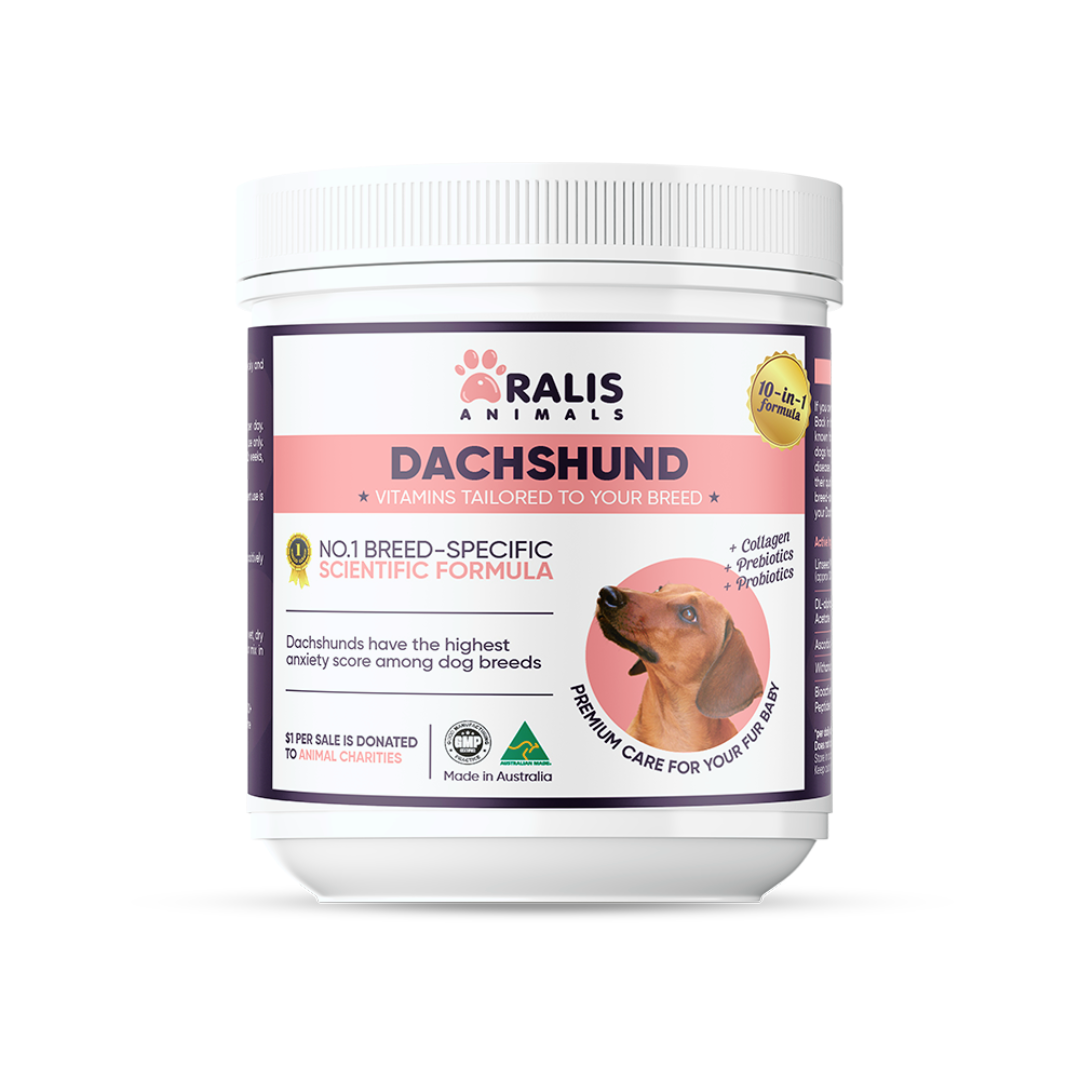What's Missing from Your Dog's Diet? The Truth About Multivitamins and Gut Health

As pet owners, we all want to provide the best possible care for our canine companions. Nutrition is a critical aspect of their overall health and well-being, but it's a topic that often raises more questions than answers. With the abundance of dog food options and the growing popularity of supplements, it can be challenging to determine what's truly essential for your pup's diet.
In this blog post, we'll explore the often-overlooked areas of dog nutrition, delving into the importance of multivitamins and the crucial role of gut health. By the end, you'll have a better understanding of how to optimize your dog's diet and ensure they're getting the nutrients they need to thrive.
Understanding Dog Nutrition Basics
Dogs, like humans, require a balanced diet that includes essential nutrients such as proteins, fats, carbohydrates, vitamins, and minerals. While commercial dog food is designed to provide a complete and balanced meal, there can be gaps in the nutritional profile that may not be immediately apparent.
For example, many standard dog foods lack the optimal levels of certain vitamins and minerals, or they may contain synthetic versions that are less bioavailable to your dog's body. Additionally, the processing and cooking methods used in commercial pet food production can degrade the natural nutrients, leaving your pup's diet lacking in some key areas.
The Role of Multivitamins
Multivitamins can play a crucial role in filling these nutritional gaps and ensuring your dog receives the comprehensive support they need. A high-quality multivitamin can provide a range of essential vitamins and minerals, such as vitamin A, vitamin C, vitamin E, B-complex vitamins, zinc, and iron, among others.
But it's not just about taking a generic multivitamin. The best supplements are tailored to your dog's specific needs, taking into account factors like age, breed, and any existing health conditions. Signs that your dog may benefit from a multivitamin include:
- Dull or dry coat
- Lethargy or decreased energy levels
- Frequent infections or weakened immune system
- Digestive issues like diarrhea or constipation
- Slow wound healing
By addressing these deficiencies with a targeted multivitamin, you can help support your dog's overall health and well-being.
Gut Health: The Foundation of Canine Wellness
While multivitamins are essential, they're just one piece of the puzzle when it comes to optimizing your dog's nutrition. Another crucial factor that is often overlooked is the health of your dog's gut.
The gut microbiome, which is the diverse community of bacteria, fungi, and other microorganisms living in the digestive tract, plays a vital role in your dog's overall health. These microbes are responsible for a wide range of functions, from aiding in nutrient absorption to supporting the immune system and even influencing mood and behavior.
When the gut microbiome is out of balance, it can lead to a host of issues, including:
- Digestive problems like diarrhea, constipation, or inflammatory bowel disease
- Skin conditions like allergies or hot spots
- Weakened immune system and increased susceptibility to infections
- Behavioral changes, such as anxiety or aggression
To support a healthy gut, it's important to incorporate probiotics and prebiotics into your dog's diet. Probiotics are the "good" bacteria that help maintain a balanced gut flora, while prebiotics are the fiber-rich foods that nourish these beneficial microbes.
Choosing the Right Supplements
When it comes to selecting the right multivitamin and gut health supplements for your dog, it's crucial to do your research and choose high-quality, breed-specific products. Look for supplements that use natural, bioavailable sources of vitamins and minerals, and avoid those with artificial additives or fillers.
Additionally, consider your dog's individual needs. For example, some breeds may require higher levels of certain nutrients, such as large-breed dogs needing more calcium and phosphorus for healthy bone development. Consulting with your veterinarian can also help you determine the best supplements to address any specific deficiencies or health concerns your dog may have.
Common Vitamin and Mineral Deficiencies
While a balanced commercial dog food should provide the majority of the essential nutrients your dog needs, there are some common deficiencies that can arise. These include:
- Vitamin D deficiency, which can lead to bone and muscle problems
- Omega-3 fatty acid deficiency, which can contribute to skin and coat issues
- Iron deficiency, which can cause anemia and fatigue
- Zinc deficiency, which can impair immune function and wound healing
By being aware of these potential gaps and incorporating targeted supplements, you can help ensure your dog is getting the complete nutrition they need to thrive. At Aralis Animals, our breed-specific multivitamins are carefully formulated with ingredients that go beyond the basics. For example, our formulas feature glucosamine and chondroitin for joint health, zinc and vitamin E for skin resilience, and probiotics to support gut balance. This means your pooch gets targeted, breed-informed care in every scoop. Click here to explore our tailored solutions.
Conclusion
Providing your dog with a well-rounded, nutrient-rich diet is essential for their overall health and well-being. While commercial dog food is a convenient option, it's important to recognize that there may be gaps in the nutritional profile that require supplementation.
By understanding the role of multivitamins and the importance of gut health, you can take a proactive approach to your dog's nutrition and help them reach their full potential. Remember to consult with your veterinarian and choose high-quality, breed-specific supplements to ensure your pup is getting the personalized care they deserve.
With the right nutritional support, you can help your furry friend live a long, happy, and healthy life. Aralis Animals is here to be your partner in this journey, offering tailored solutions to elevate your pet's health and well-being.





